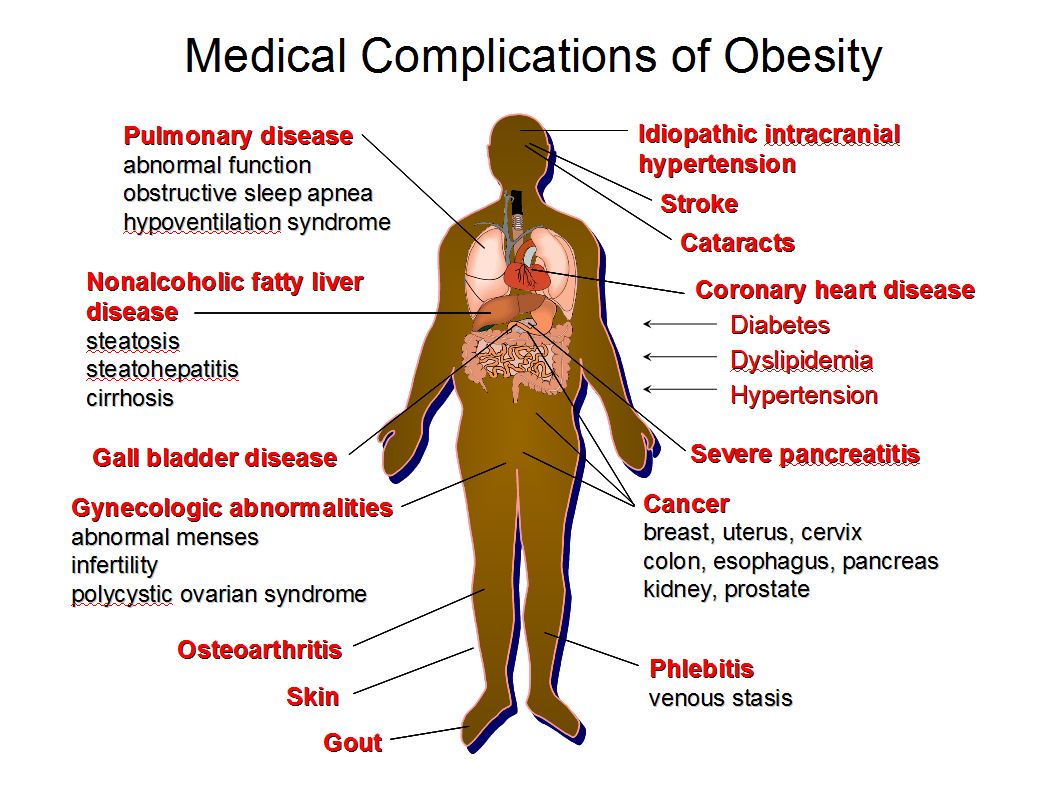 A new UCLA-led study suggests that severely obese patients that partake in weight loss surgery like bariatric treatments may experience a positive psychological effect – along with an improvement with their physical body. Patients that seek out such treatment are more likely to suffer from depression and eating disorders – but those suffering from depression often saw an improvement in their mental health after surgery.
A new UCLA-led study suggests that severely obese patients that partake in weight loss surgery like bariatric treatments may experience a positive psychological effect – along with an improvement with their physical body. Patients that seek out such treatment are more likely to suffer from depression and eating disorders – but those suffering from depression often saw an improvement in their mental health after surgery.
Scientists say that the research published this week in JAMA doesn’t establish a causal link between improved mental health and bariatric surgery – but it does touch on a potential shocking connection that needs further study.
Study Suggests Weight Loss Surgery May Treat Depression
The author of the study wrote, “Although our results should not be interpreted as indicating that surgery is a treatment for depression, severely obese patients with depression may gain psychological benefits already associated with weight loss surgery.”
 Weight loss surgery like Bariatric surgery consists of several different procedures, such as a gastric band or the gastric bypass, that assist with weight reduction in severely obese patients. Insurance companies, observing that mental health is often connected with these procedures, prior to approving a patient undergo bariatric surgery, generally require patients to get a mental health evaluation first.
Weight loss surgery like Bariatric surgery consists of several different procedures, such as a gastric band or the gastric bypass, that assist with weight reduction in severely obese patients. Insurance companies, observing that mental health is often connected with these procedures, prior to approving a patient undergo bariatric surgery, generally require patients to get a mental health evaluation first.
The study’s lead author, Dr. Aaron Dawes, a surgical resident at the David Geffen School of Medicine at UCLA, said that although researching the connection between mental health and bariatric surgery isn’t a new concept, before the research was done by individual institutions.
“I think most physicians would understand or not be surprised by the idea that mental health conditions are more prevalent in this population of patients,” Dr. Dawes said. “What we didn’t really know was how prevalent they were.”
Data from 68 different papers were analyzed, with 59 of them looking into the mental health conditions before the operation and involving 65,363 patients – and 27 of the papers looking into the connection between the mental health conditions of the patients before the study and after their surgery, which involved 50,182 patients.
The researchers discovered that patients that sought out weight loss surgery were much more likely to suffer from depression and binge-eating disorder than the general population, at a rate of 19% vs 8% and 17% vs 1% to 5% respectively. This was more than twice as high as the average person. Furthermore, more than 23% of the patients showed signs of suffering from at least one mood disorder.
Despite the higher prevalence of mental health conditions, a year after the surgery, there was no significant difference in weight loss between those that were suffering from depression prior to surgery versus those that weren’t.
[thrive_link color=’orange’ link=’https://hopeforabetterme.com/’ target=’_self’ size=’big’ align=’aligncenter’]Free Rountrip Airfare For Your Surgery[/thrive_link]
“I think there’s a general idea that mental health conditions might preclude patients from having bariatric surgery, because they’re either not very good surgical candidates or they won’t stand to benefit,” Dr. Dawes said. “We didn’t find that in the evidence. We r eally found no strong evidence that suggests that mental health conditions limit the weight loss after surgery.”
eally found no strong evidence that suggests that mental health conditions limit the weight loss after surgery.”
Furthermore, researchers found that patients having bariatric surgery were less likely to suffer from depression after their procedure.
“We were pretty surprised to find a somewhat dramatic drop in both the incidence of depression and the severity of the depressive symptoms after the operation,” Dr. Dawes said.
The study still needs more research. The study can’t determine why this link exists between mental health and bariatric surgery – but with more research, the reason for the relationship might be determined.
“It may help us think about mental health conditions in this population kind of like physical health conditions, in that they may be obesity-related comorbidities,” Dr. Dawes said. “So just as we see diabetes or sleep apnea improve, to the extent that some of these conditions are really driven by the obesity, the surgery may improve some of the mental conditions as well.”
The Cost Of Bariatric Surgery
Domestically the cost of bariatric procedures can range from $14,500 – $23,500 and rarely includes after care. Unfortunately although being grossly overweight is tied to many fatal health risks such as heart disease, type 1 and type 2 diabetes, high cholesterol, gall bladder disease and some cancers, many insurance providers do not cover bariatric procedures and patients are forced to pay the entire cost out of pocket.
A Better Solution
A new hospital, CHIPSA, located just south of the border in Playas De Tijuana has recently become one of the #1 spots for americans to receive bariatric procedures at a fraction of the cost. All their packages include Complimentary Round Trip Aifare for Americans to San Diego International Airport and a shuttle to the hospital. Depending on what treatment is prescribed you can expect to pay more than 50% less than you would in the United States.
To receive information on treatment availability and options that are available, please click here.


























